Dhaka, Sept 03 (V7N): Sheikh Mohamed bin Zayed, the President of the United Arab Emirates (UAE), has granted a pardon to 57 Bangladeshi nationals who were imprisoned for participating in a protest against their home government in the UAE, where such demonstrations are prohibited.
These individuals are expected to be deported back to Bangladesh soon, as confirmed by Dr. Muhammad Yunus, the chief adviser in Bangladesh’s interim government, during a meeting on Tuesday, according to the chief adviser’s press wing.
In July, an Emirati court sentenced the 57 Bangladeshi expatriates to extended prison terms. According to state media reports on July 22, three of the individuals were sentenced to life imprisonment, 53 received 10-year sentences, and one was sentenced to 11 years for their involvement in the protests.
The official Emirati news agency, WAM, reported that the defendants had "gathered and incited riots in several streets across the United Arab Emirates," leading to their sentencing. WAM further stated that the convicted individuals would be deported following the completion of their prison sentences.
A witness cited by WAM mentioned that the defendants had organized large-scale marches in various streets of the UAE to protest decisions made by the Bangladeshi government.
The UAE, a federation of seven sheikhdoms with an authoritarian government, is largely populated by expatriates, many of whom are South Asians working as laborers, according to AFP reports.
Bangladeshis are the third-largest expatriate group in the UAE, following Pakistanis and Indians, as noted by the UAE foreign ministry.
The Gulf state strictly prohibits unauthorized protests and criticism of its rulers, as well as speech that could incite social unrest. Additionally, defamation and insults, whether public or private, are punishable under UAE law.
The country’s penal code also criminalizes actions that could offend foreign states or harm diplomatic relations.
This pardon follows a wave of protests that swept across Bangladesh in July against a quota system for civil service jobs, which critics argued favored supporters of former Prime Minister Sheikh Hasina. What began as a student-led movement escalated into a mass uprising, ultimately leading to Hasina's resignation and departure from the country.
END/MSS/



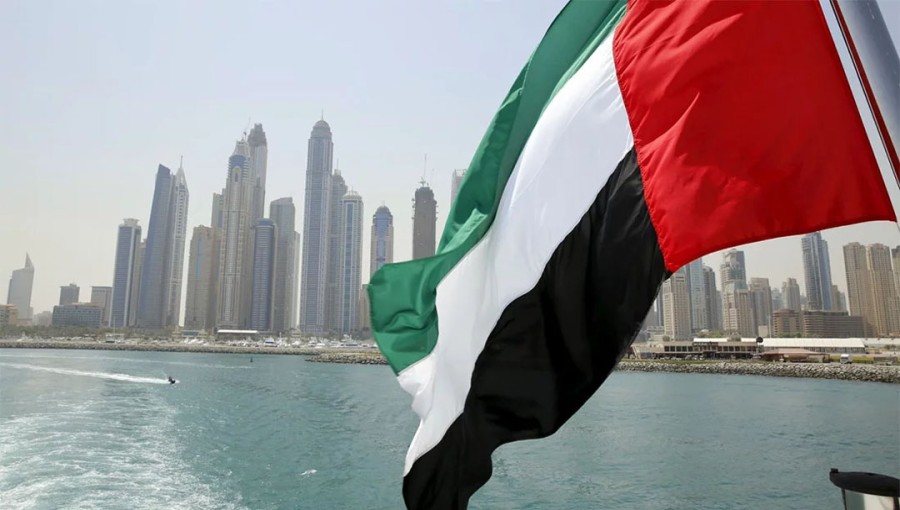

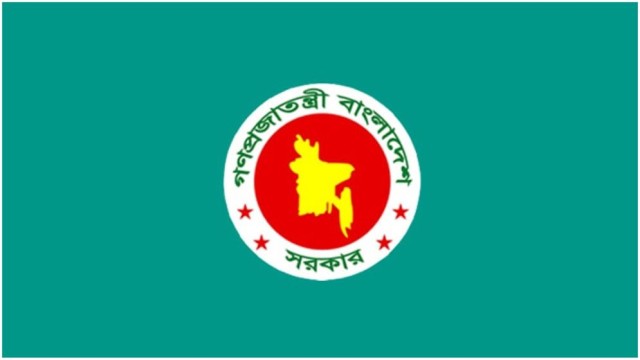
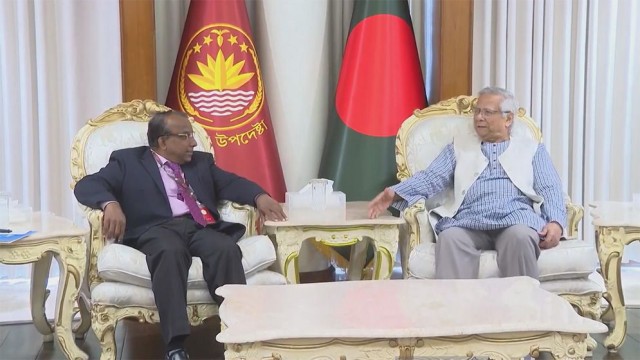

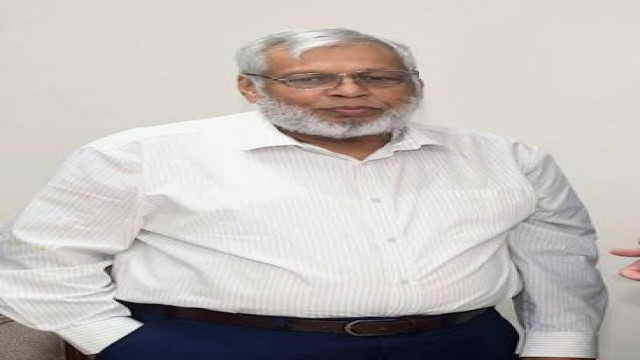
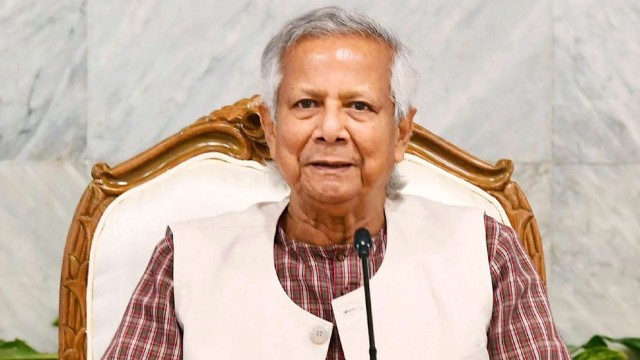
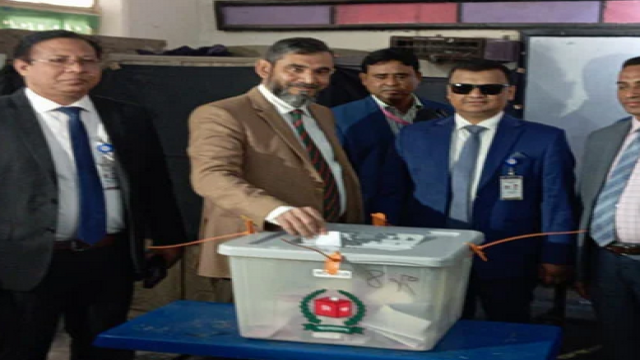
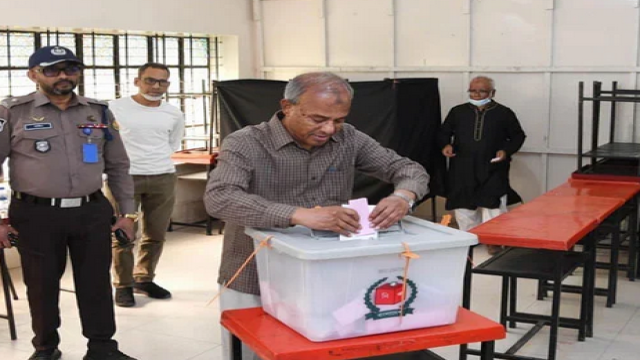
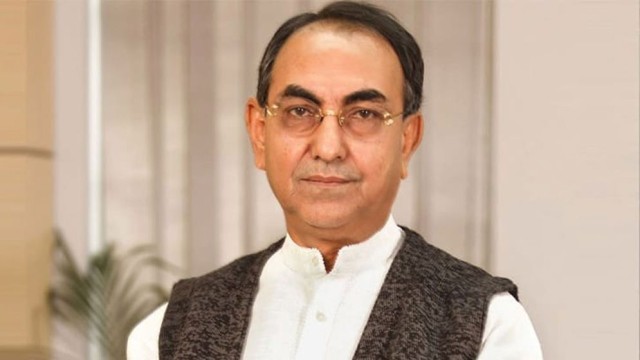
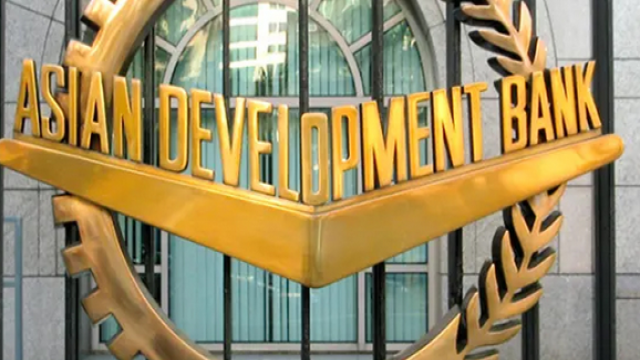


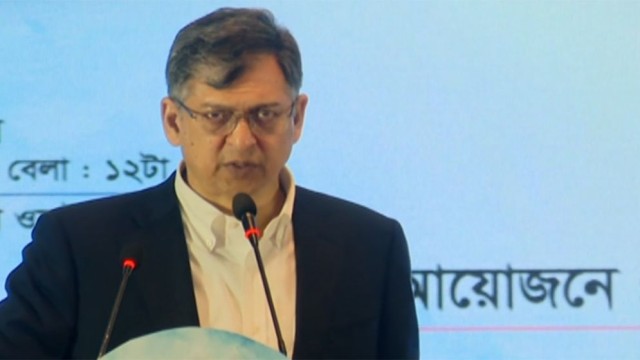


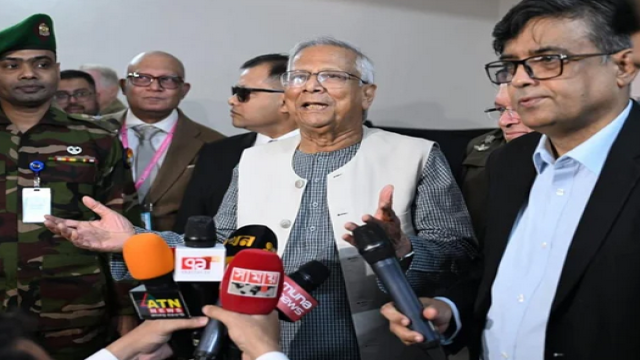











Comment: